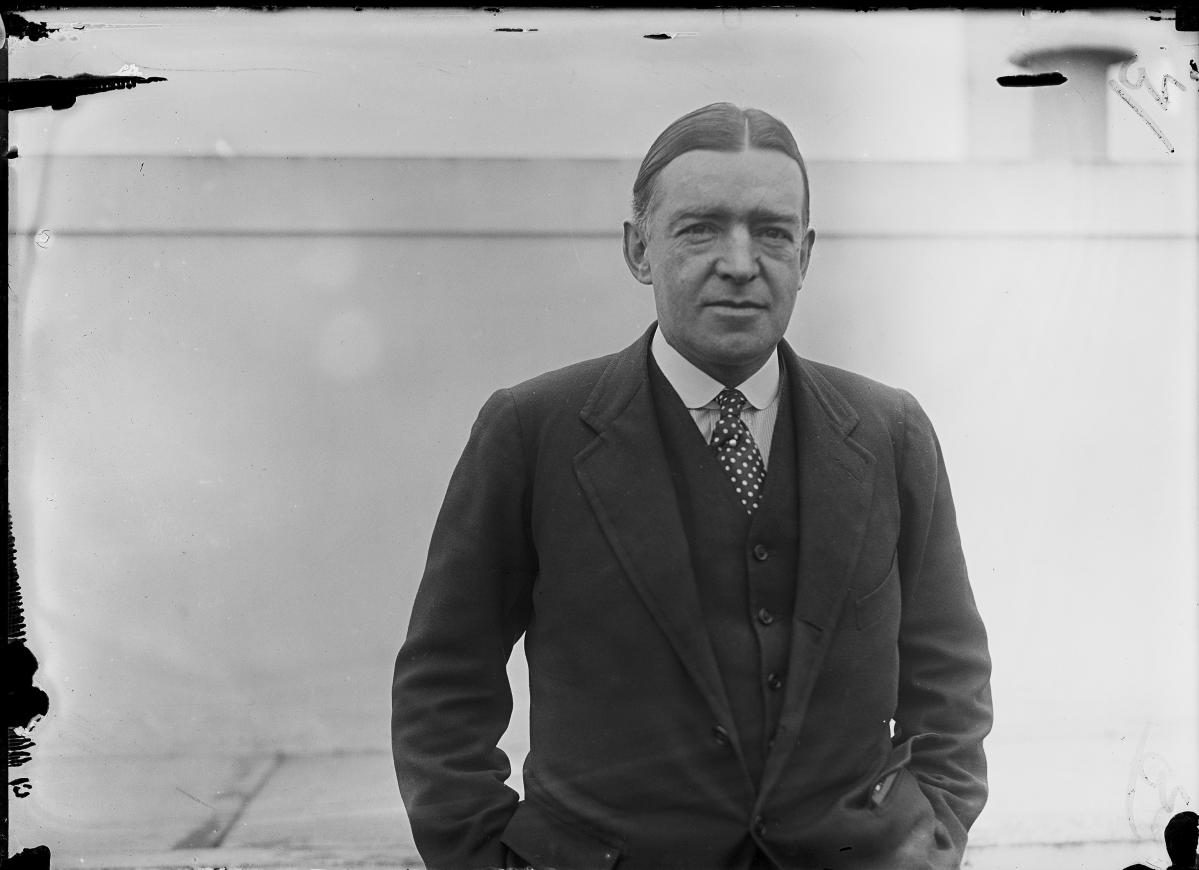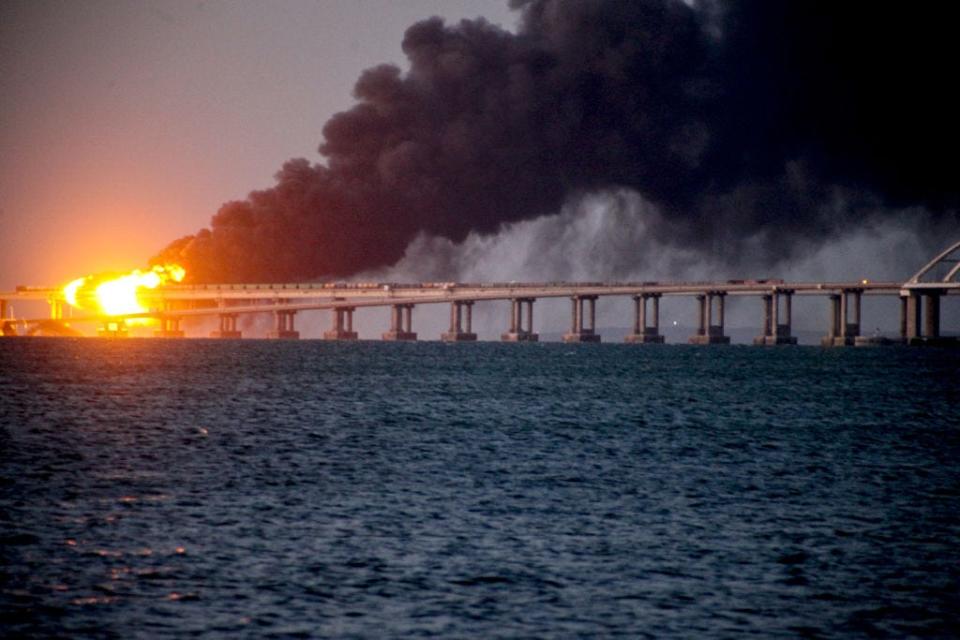(Bloomberg) — OPEC+ agreed to extend its oil supply cuts, delegates said, as the group continues its efforts to avert a global surplus and shore up prices.
Most Read from Bloomberg
The so-called “voluntary” cuts from key members including Saudi Arabia and Russia, which total roughly 2 million barrels a day and were set to expire at the end of June, will continue until the end of 2024, delegates said, asking not to be named because the talks were private.
Those curbs were in addition to an earlier group-wide agreement capping crude output that runs until the end of this year. The alliance also agreed to prolong that accord to the end of 2025, according to a statement on the OPEC website. The United Arab Emirates, which has invested heavily in new oil projects in recent years, was given a 300,000 barrel-a-day boost to its production target for next year.
OPEC+ ministers gathered on Sunday for a meeting to decide oil policy, with some attending in-person talks at the Ritz hotel in Riyadh and others participating online. Traders and analysts had widely expected the extension of the group’s voluntary cuts, seeing it as necessary to offset soaring production from several of OPEC+’s rivals — most notably US shale drillers — and a fragile economic outlook in top consumer, China. The agreement to prolong the group-wide cuts for a further 12 months does go a little further than OPEC-watchers had been expecting.
While crude prices briefly soared above $90 a barrel in April as conflict in the Middle East threatened regional exports, they’ve since declined. Brent futures settled at $81.62 a barrel on May 31, a drop of 7.1% for the month.
Lower oil prices have offered some relief to central banks grappling with persistent inflation, but threaten revenue for producers like Saudi Arabia. The kingdom needs prices close to $100 a barrel to fund the ambitious spending plans of Crown Prince Mohammed bin Salman, the International Monetary Fund estimates. In parallel to the OPEC+ meeting, the Saudi government completed a $12 billion sale of shares in state oil giant Aramco, raising funds to help pay for a massive economic transformation plan.
Oil market indicators have likely impressed the need for caution on the Organization of Petroleum Exporting Countries and its allies. The premium on prompt Brent contracts — known to traders as “backwardation” — has been dwindling, suggesting that world markets are tipping from scarcity into surplus.
Data from the International Energy Agency in Paris indicate that OPEC+ needs to persevere with the curbs in order to engineer a global supply deficit in the second half. If the group were to unwind the restraints and restore production, a new oversupply would emerge.
–With assistance from Fiona MacDonald, Ben Bartenstein, Salma El Wardany, Anthony Di Paola and Nayla Razzouk.
(Updates with details on agreement in fourth paragraph.)
Most Read from Bloomberg Businessweek
©2024 Bloomberg L.P.
Signup bonus from




